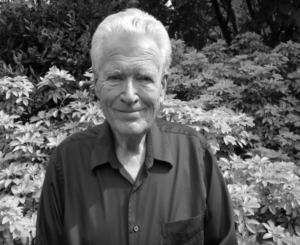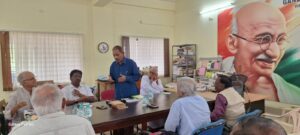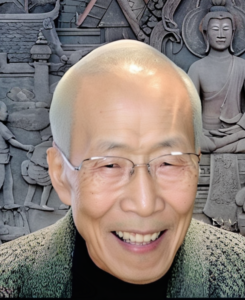Davao, Philippines 26 Dec 2003 – 3 Jan 2004
Thirty young people from all over the Philippines attended the IARF’s RFYN empowerment training at Waterfront Hotel in Davao City, Mindanao – ‘IPs’ (indigenous people), Christians, Moslems and Unitarians.
Oxford-based Ramola Sundram, the RFYN International Co-ordinator, came to Davao, as did Japan-based Morse Flores, a Filipino ‘IP’ (indigenous person), to help Angie Grapa with facilitation.
The training was based on experiential learning, where the ‘here and now’ was given emphasis. It was process-oriented, while the content was fitted to the different issues in religious freedom. The participants also had sessions in self-awareness, team building and leadership training.
General objectives of the programme were for participants to:
· receive an experiential training enabling them to appreciate the value of one’s own spiritual practice at the same time as that of others;
· nurture a genuine concern about one’s own freedom of religion or belief as well as that of others;
· find ways of teaching and influencing others so that they too will be able to uphold the values of respect and acceptance of others;
· become critical thinkers and agents of change through the leadership skills learnt.
At the beginning, the group was polite and a bit distant from one another – especially the new members without any idea of what they would be going into. But those who were able to attend an earlier activity tried to reach out to the new ones, and helped them integrate. They learned that religion is not a hindrance in relating to others, and in the end all agreed that harmony can be attained in spite of our faith differences.
[nggallery id=1]
There were also meetings with elders from Moslem groups and indigenous tribes, in which the youth are not normally free to ask questions of their seniors; here, therefore, the opportunity was taken to give them this chance. In the caucus that preceded the opening programme, participants considered the questions they would put to the elders: would they be appropriate, and how would they frame them?
Some of the other activities were: Weaver’s Triangles as taught during Budapest Congress (which are a training in how to make workable RF [religious freedom] projects in one’s respective areas); sharing of RF stories; a dance workshop teaching indigenous dances that everyone performed in the closing ceremony; and, cement-flooring the Aromanon tribal hall, as a gift offering to the tribe. This was the social action section of the project.
Aromanon tribal hall
Some of the participants belonged to the Aromanon, whose spiritual site had been visited during the April 2003 tour, when it was seen that they worshipped on the bare earth in their communal hall. After consultations, it was decided that it would be a great offering to the tribe if the bare floor of the worship space were concreted. The chief and his wife were very pleased to host an interfaith group of young adults, but first they had to perform a ritual before the participants’ arrival, to ask permission from their ancestor spirits. Once they considered that this had been granted, the project plan was finalised.
The young adults travelled quite a distance to get to the hall, and the only access was on foot. In order to formalise the gift of our service, a sheet of white cloth & some betel nut were presented according to the traditional symbolism of the tribe. Sand etc. was carried up on a bullock cart and by the young adults. We were joined there by other young adults from the tribe and the chief’s family & helpers. It was great not only to achieve something concrete by the end of the afternoon, but also to share in discussions with young people from the community. Finally, the chief and his wife performed a special ritual of thanks, attended by the participants in a sacred place near the tribal hall.
Great team spirit had been built up by the end of the project. Many thanks to the following: Rev. Rebecca Sienes for handling the finances; National Co-ordinator for the Philippines Woodrow Maquiling, who did a great job seeing to it that the venue and participants were well taken care of; Myrna Ecdang and Pacita Raz for chaperoning; and Dr. Sebellon Wale, who with great dignity led the Mindanao delegation to the venue with their musical instruments and equipment, and stayed to the end.






